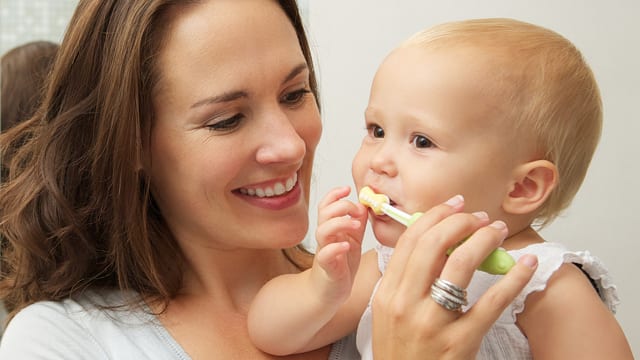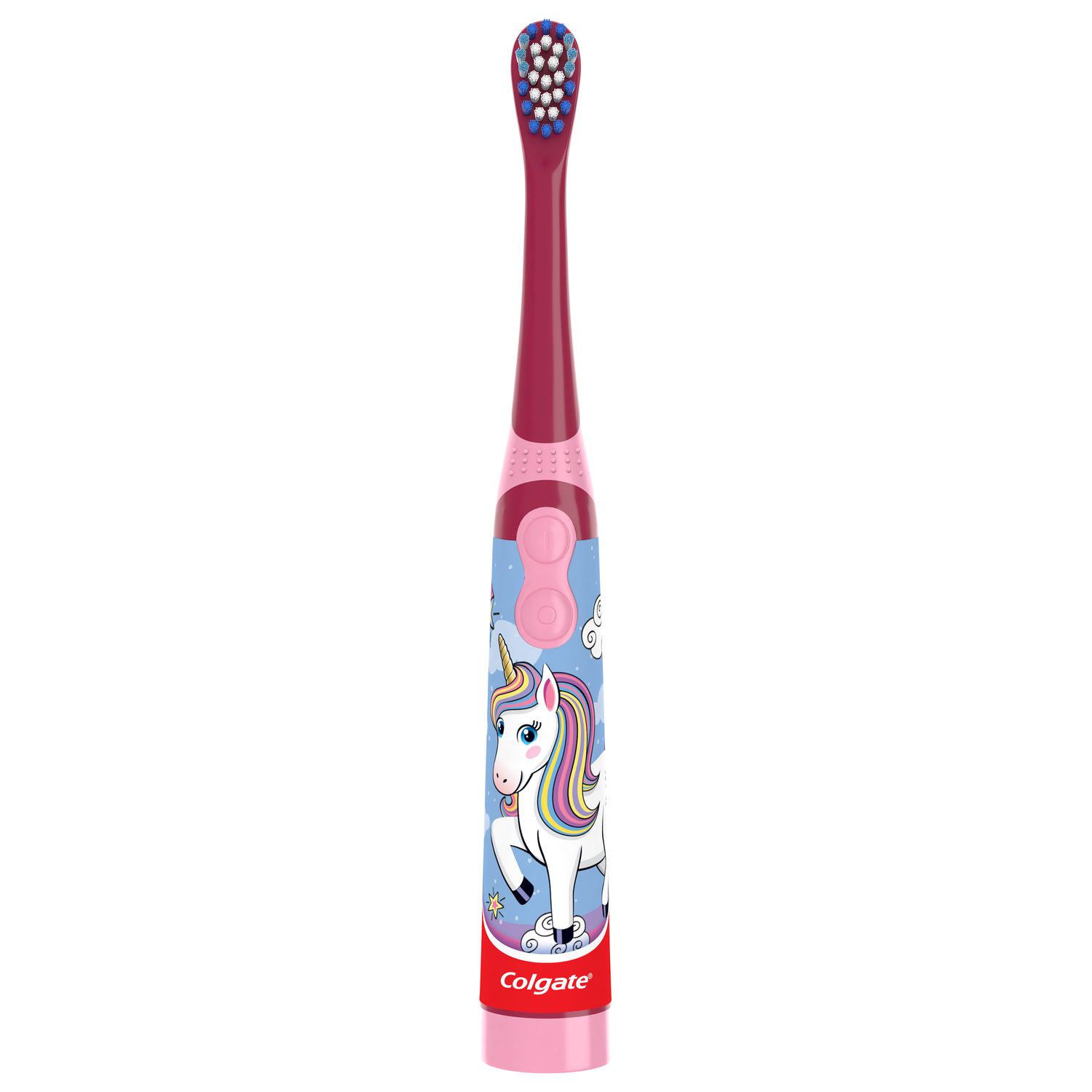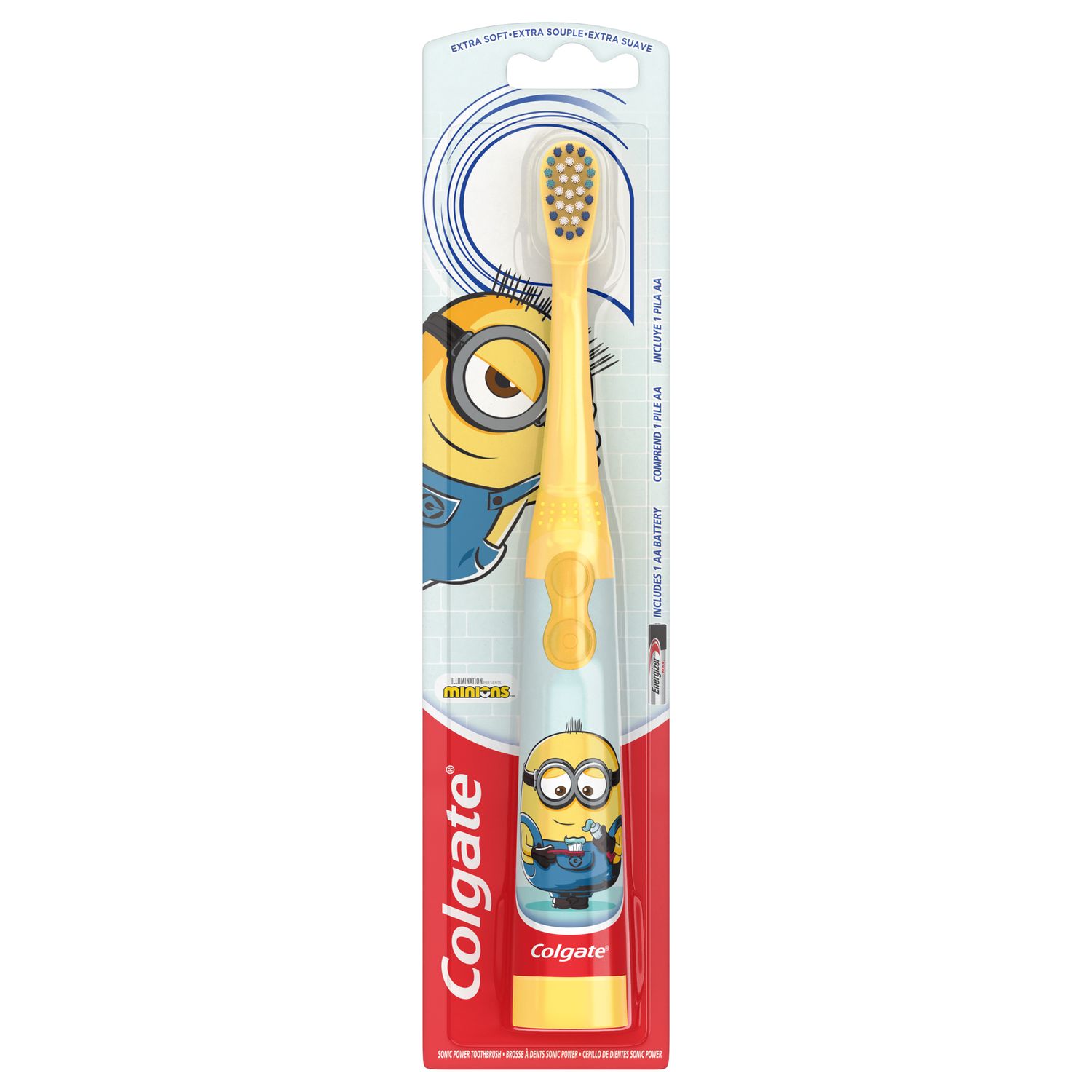From the start of your child's life, specific oral hygiene, diet, and chemical factors can affect your infant's future appearance, speech patterns, and health. We'll let you know what you should consider when taking care of your baby's oral health care needs. What you do now can result in a healthy set of teeth and gums into your child's adulthood
Why Are Baby Teeth Important?
How adorable baby teeth are! But though they seem to be made especially for lots of cute photos, baby teeth play an essential role in the health of your infant's gums and future permanent teeth.
Baby teeth – aka primary teeth – aid your child in:
- Chewing their food properly
- Forming words and sounds for speaking coherently
- Holding the necessary space in the jaw before the arrival of permanent teeth
All are good reasons for you to take great care of your little one's teeth before they can do it themselves. With proper care, you'll do a great job of preventing your baby from developing:
- Tooth decay (cavities), which shows up first as white spots on teeth, then turns black or brown the larger the cavities become
- Gum disease, which develops if plaque builds up inside your infant's mouth and causes red, swollen, and bleeding gums
Unfortunately, if your infant's or toddler's baby teeth develop decay or fall out prematurely as a result of gum disease:
- Your child's permanent teeth could develop improperly and come in crowded or crooked.
- Your child might develop a speech impediment.
So, definitely don't miss any photo opportunity of your small sweetheart flashing their delightful mini-chompers. But also establish an oral care routine for your baby to keep their smile ever charming and healthy.
How Do I Care for My Baby's Teeth and Gums?
You must consider that a mother's health during pregnancy and while nursing is vital to her baby's well-being. A balanced, nutrient-rich diet is essential for both mother and child. And be aware that certain prescription medicines might have negative effects on your child's oral health. For instance, long-term or repeated short-term use of the common antibiotic tetracycline by nursing mothers can cause your baby to have some teeth discoloration.
As you care for yourself, attend to your baby's teeth and gums from day one:
- Whether nursing or bottle-feeding newborns to 6-month-olds, remove bacteria from your infant's gums after every feeding by:
- Putting a terry-cloth finger cot on your index finger or wrapping your finger with a soft, clean, moist gauze
- Gently rubbing the cot or gauze along your baby's gums
- When your child's teeth begin coming in at age 6 months through age 2, that's also the time brushing becomes a necessity. You should begin:
- Using soft-bristled, wide-handled toothbrushes with small heads and mild, fluoridated baby toothpaste
- Putting just a sliver of toothpaste (the size of a grain of rice since your baby can't spit) on the toothbrush and brush gently – whether it's one tooth or many
During your child's infancy, there are some other essential oral care measures to take:
- Avoid baby bottle tooth decay. At bedtime and naptime, ensure your baby doesn't fall asleep with a bottle of formula, milk, or juice in their mouth. (Water's a great option!) If you breastfeed, avoid letting the baby nurse continuously.
- Avoid sippy cup tooth decay. Same concept with a twist: Fill your child's sippy cup with water if they'll be carrying the cup around all day. Milk and juice – never soda pop – are fine to serve with meals.
- Schedule your infant's first dentist appointment before their first birthday. That's the perfect time for your dental professionals to do a checkup and make sure your child's teeth are developing nicely.
- Clean between your tot's teeth when two of them start touching. Gently use waxed floss, floss picks, or interdental cleaners.
When Does Teething Begin?
Expect your baby to start teething around 6 months of age, though some infants might start earlier and some later – even up to age 1.
With teething, your baby's gums might become red and swollen, causing them to drool more often. They'll most likely experience sleeplessness and irritability. To help your tiny tot cope with teething distress, you might try the following:
- Rub your baby's gums with your finger wrapped in soft, wet, chilled gauze.
- Let your baby suck on a chilled – but never frozen – bacteria-free teething ring or a cold, wet washcloth.
- Administer a child-appropriate pain reliever.
- Rub your baby's back, sing to them, and distract them with games, toys, or books.
What's Fluoride and How Do I Know if My Baby Is Getting the Right Amount?
Fluoride is beneficial even before your child's teeth begin to erupt: It strengthens the tooth enamel as teeth form. As we mentioned, brushing with fluoride toothpaste starting with the baby's first tooth is important, and it helps with enamel formation.
Know that many municipalities add the right amount of fluoride for proper tooth development to their water supplies. Call your local water district to find out whether your water contains fluoride and how much. Talk to your baby's pediatrician or dentist about fluoride options – such as drops and supplements – if:
- Your water supply doesn't contain any (or enough) fluoride.
- You use bottled water for drinking and cooking.
Also, be aware that your baby might be getting too much fluoride, resulting in dental fluorosis. This condition causes white or brown discoloration or spots on permanent teeth enamel.
Raising a baby from birth through infancy takes love, patience, and attendance to every little need, including oral health care. But by knowing how to care for your baby's teeth and gums, you'll do an excellent job of setting your child up for life!
Oral Care Center articles are reviewed by an oral health medical professional. This information is for educational purposes only. This content is not intended to be a substitute for professional medical advice, diagnosis or treatment. Always seek the advice of your dentist, physician or other qualified healthcare provider.
ORAL HEALTH QUIZ
What's behind your smile?
Take our Oral Health assessment to get the most from your oral care routine
ORAL HEALTH QUIZ
What's behind your smile?
Take our Oral Health assessment to get the most from your oral care routine















